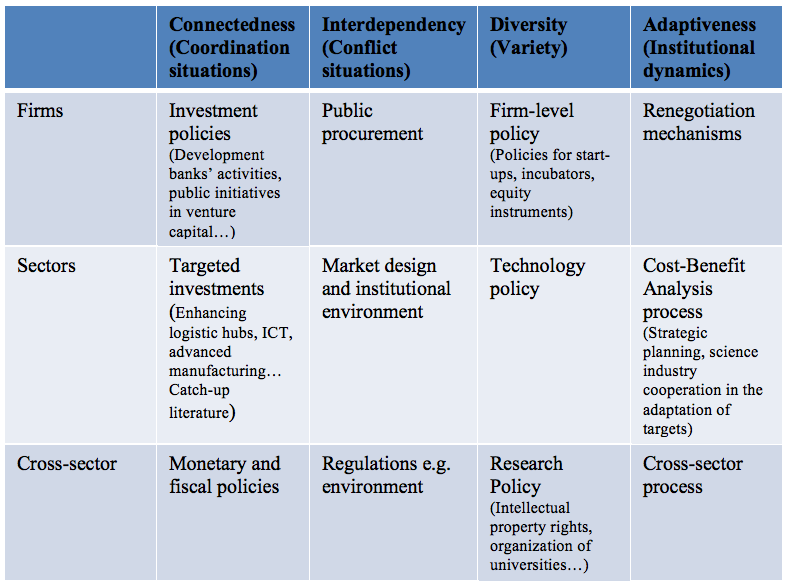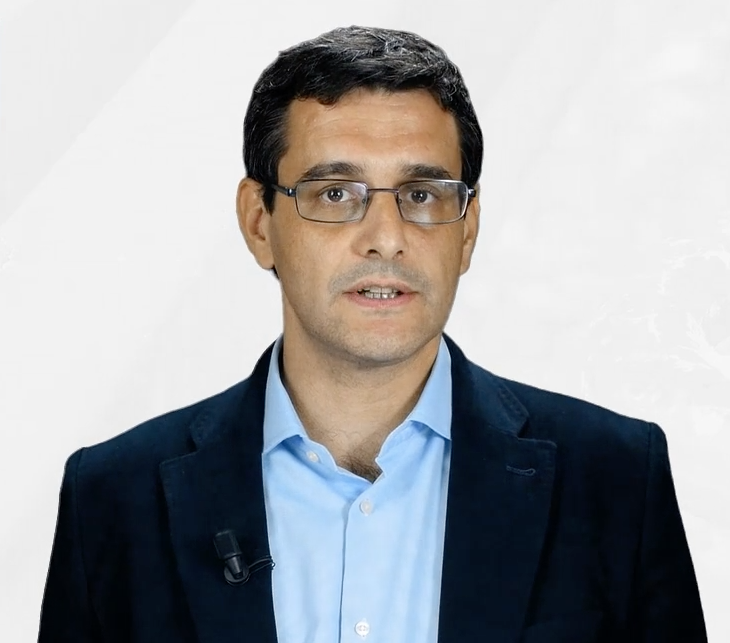FSR Topic of the Month
Regulation in times of innovation: How to regulate the unknown?
by Miguel Vazquez (Head of FSR Energy Innovation Area)
1. Complexity and the Design of Institutions
When I was studying electrical engineering, conversations revolving around electricity were usually about some kind of household electrical problems. Nowadays, the changes electricity industries are experiencing are centre stage, even making the front page of newspapers. Why? I would like to think that finally, the science-fiction-like scenarios that we discussed at the university are taking shape and interesting people. It is more likely, however, to be related to the fact that big and/or high-tech corporations are investing in technologies that are dramatically changing the meaning of electricity services.
In any case, it is difficult to deny that there is a feeling of uncertainty in the industry. But where does this uncertainty come from? Are there tools to help us make better sense of it? How can we build an analytical framework?
What we want to justify in this Topic of the Month is that energy transitions are not only about a singular issue such as market design, or innovation policy. We need to account for the fact that energy transitions are a combination of a very large set of policies.
Consider this: technology is rapidly evolving, so market design has to keep up. If market designs do not adapt quickly they may affect technological trajectories…it is difficult to think that nowadays electricity industries are “predictable”. In that context, what kind of reasoning we can develop if, as Schumpeter said, we have “a chaos that is not in analytical control”?
Taking the argument to the extreme: If everything is evolving and uncertainty is inevitable, what is the purpose of thinking policies? Should we just relax and let the future unfold?
Our proposal is to consider systems that are in-between: we want to study systems that are not in equilibrium nor in total chaos (statistically regular). In that sense, we use complexity science to help with the challenge. This kind of system is often called a complex adaptive system. More precisely, it is a network made up of diverse entities, who interact among themselves, whose actions are interdependent, and who have the ability to adapt and to learn.
But this changes our problem. Within complex systems reasoning, we “[…] ask how individual behaviours might react to the pattern they together create, and how that pattern would alter itself as a result[1].” Moreover, and this is key to our reasoning, we know from complexity science that those systems are able to produce a large set of phenomena, including emergence and novelty.
Why is this relevant to our original question? The reasoning goes as follows: if we want novelty and emergence (science-fiction-like scenarios), we need some degree of complexity. How do we measure complexity? By the four characteristics identified in the complexity science tradition, which made our definition: diversity, connectedness, interdependency, adaptiveness.
So in these “complex” electricity industries, agents control almost nothing but affect almost everything. This means that our policies will have difficulties targeting outcomes. If we cannot target outcomes, what can we do? Are we still facing “a chaos that is not in analytical control”?
No, if we consider that we can target functions of the system. How do we do that? As a first step, we need a broad view on the kinds of policies affecting our industry. To that end, let me divide the problem into three levels (micro- meso- macro-level):
- Firm-level policies: agents at the micro-level, typically firms
- Sector policies: specific industries, technologies, regions…
- Framework policies: Economy-wide regulations, intervention in macroeconomics…
Our second step is to associate policies with the four complex systems dimensions:
- Connectedness: related to the ability to form connections, so in that sense is the ability to coordinate productive resources. Hence, investment is a central concern
- Interdependency: to what extent does the problem of one agent change when another agent decides. The main situation in this context is the management of conflict (incentives and transaction costs)
- Diversity: the need for diverse entities is closely related to innovation
- Adaptiveness: policies need to contribute to the ability of the system to change, and hence they need to learn as well
The table below provides some additional detail:

Our reasoning builds on the idea that to get emergence and novelty, we need complexity. And to get complexity, we need the four dimensions. The last step is understanding the associated policy implications. In short, we will not have a complex adaptive system if the four dimensions are not addressed.
Applied to the design of policies, this means that, for example, focusing all our efforts on creating diversity and facilitating interdependency will not be enough to create novelty. Designing mechanisms for the adaptation (learning) of institutions will be a crucial element in the creation of novelty in electricity industries. Understanding the change of rules as a static effort that happens at one point in time will make our electricity industries unable to create new configurations to adapt to new environments.
[1] Arthur, W. Brian. “Complexity economics: a different framework for economic thought”. SFI WORKING PAPER: 2013-04-012.
Interested in Energy Innovation?
-
Visit the new FSR Energy Innovation Area
-
Don’t miss our webinar!
Knowledge networks and technological frontiers: where are we, and where do we go to, in bioenergy? with Jose Maria Silveira (Unicamp) and Miguel Vazquez (FSR Energy Innovation Area)
26 September 2018 | 2-3- pm CEST | Register here
-
An opportunity for you: Energy Innovation Academy
(Call for papers and workshops in Florence)






